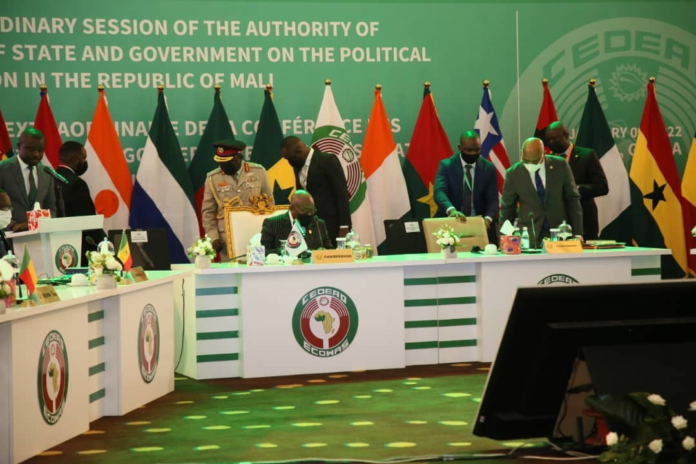The Director of Academic Affairs and Research at the Kofi Annan International Peacekeeping Training Centre, Professor Kwesi Aning, has what he believes poses a significant threat to the stability of the remaining members of Economic Community of West African States (ECOWAS).
Speaking on JoyNews’ PM Express, Professor Aning emphasized the critical lack of understanding among ECOWAS states regarding the shifting forces in the sub-region, the expectations of their populations, and the ongoing constitutional challenges surrounding elections.
He pointed out that three states — Mali, Burkina Faso, and Niger — who have decided to break away from the regional union, would successfully navigate the changing dynamics.
“The coastal states of ECOWAS were more willing to listen to their masters from outside the sub-region and listen to the bogus analysis from elsewhere that the terrorists were coming. Coming from where?” Professor Aning questioned, stressing the need for a more nuanced understanding of the situation.
Security Expert and Senior UN Mediation Advisor, Dr. Emmanuel Bombande, echoing Professor Aning’s sentiments, emphasized that these states genuinely intend to break away.
However, he suggested that preventive measures and diplomatic dialogues could potentially reverse these intentions.
Dr. Bombande observed a flaw in the strategies adopted by the coastal states, which were more concerned with preventing the spread of terrorism southward, rather than addressing the root causes in the Sahel states.https://www.facebook.com/plugins/video.php?height=314&href=https%3A%2F%2Fweb.facebook.com%2FJoyNewsOnTV%2Fvideos%2F791087906164821%2F&show_text=false&width=560&t=0
“The intention is genuine because we saw it coming and the attitude of the rest of West Africa particularly the coastal states was to innovate the initiatives that would halt the spread of terrorism from coming southward.
“This simply means that as long as terrorism stayed in the Sahel states it was okay. I think those strategies were fundamentally flawed and that is the genesis of the conversation among the Sahel states who said to themselves “let’s see one another as people whose destinies must be taken by us because our counterparts in West Africa are abandoning us.”
ALSO READ:

